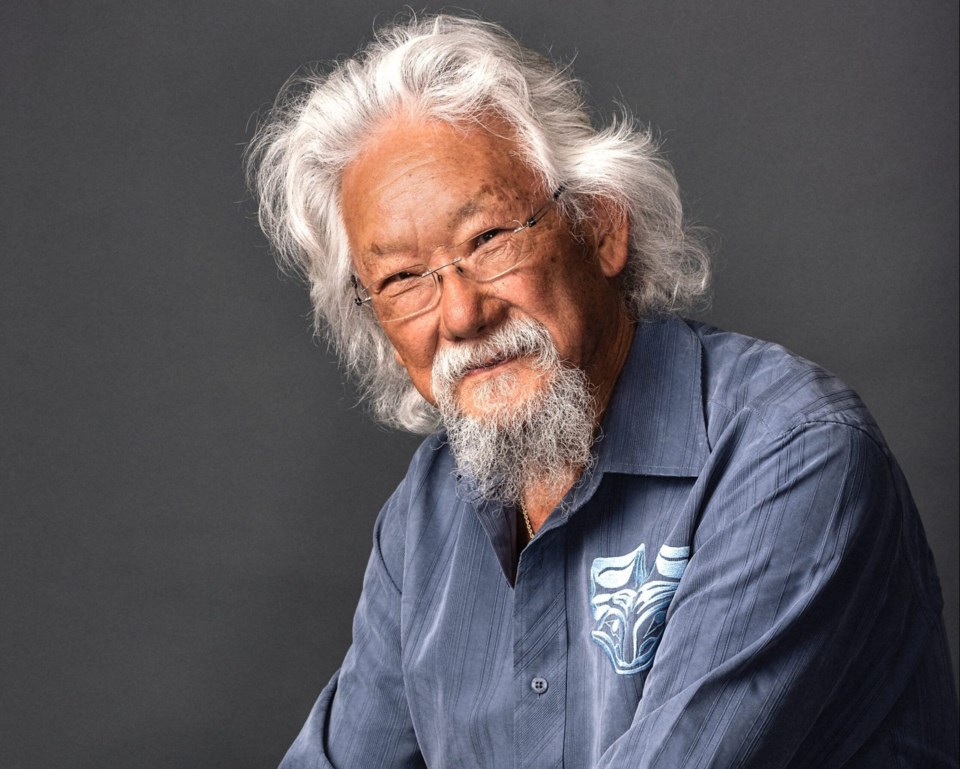Not long ago, smoking was promoted as healthy — even glamourous.
Cigarette companies used doctors and movie and TV stars to sell their products. People smoked everywhere — in bars, restaurants, theatres, workplaces, airplanes, buses and taxis, even hospitals and school buildings. It’s hard to imagine anyone ever thought inhaling hot smoke and burned plant particles into your lungs was a good idea, let alone a healthy one. But there was lots of money to be made!
As lung cancer rates started spiking in the 1940s and ’50s, concerns about the link to smoking sparked new research and a push to limit tobacco consumption. But, in an economic system that puts profit above everything, even human health and life, truth is often treated more as an inconvenience than something to be heeded. The tobacco companies paid their own researchers and media supporters to convince people that smoking isn’t harmful and that people have the “right” to smoke.
As evidence about smoking’s harms became undeniable, governments started implementing restrictions and advertising bans. The backlash was massive, well-funded and coordinated, and included many of the same voices that later downplayed or denied the evidence for global warming as a consequence of burning coal, oil and gas.
Many of us remember the unpleasant experience of trying to enjoy a meal next to a table of smokers. Now, far fewer people smoke. And most have accepted that smoking is bad for the health of smokers and those around them, and that there should be limits on where and when people can partake. We’ve also accepted — to some extent — that advertising a product that can seriously damage health and even kill should be restricted or banned.
But we live under a consumer capitalist system, so we’re still subjected to ads — some false or misleading — for harmful products. Cars, trucks and SUVs and the gas they burn are polluting air, water and land and fuelling a climate crisis that puts our survival at risk. Yet their ads are ubiquitous.
As Naomi Oreskes and Erik Conway wrote in Merchants of Doubt: How a Handful of Scientists Obscured the Truth on Issues from Tobacco Smoke to Global Warming, tobacco interests and later fossil fuel promoters hired scientists, including Frederick Seitz and Fred Singer, to cast doubt on the mounting evidence of the harms of tobacco and then climate change.
Many of the same media people were also enlisted in both battles. In Canada, Postmedia/National Post columnist Terence Corcoran has long been a vocal critic of tobacco and climate science. His employer made its support for polluting fossil fuels explicit in 2013, when it signed an agreement with the Canadian Association of Petroleum Producers.
“We will work with CAPP to amplify our energy mandate and to be a part of the solution to keep Canada competitive in the global marketplace,” then-publisher Douglas Kelly said. “The National Post will undertake to leverage all means editorially, technically and creatively to further this critical conversation.”
Restricting and discouraging tobacco use and banning advertising was far easier than tackling climate-altering fossil fuel use. The former was an economic driver, but it wasn’t fuelling the global economy, as are gas, oil and coal. And smoking is entirely unnecessary, whereas fuels have become an essential part of our lives. But fossil fuels are also a far greater danger to all of humanity than tobacco. And there are many safer, cleaner and more cost-effective alternatives.
In light of new evidence that the world will soon heat beyond levels scientists say can’t be exceeded without serious consequences, United Nations secretary general António Guterres has called for global restrictions on the “godfathers of climate chaos — the fossil-fuel industry.”
“Many governments restrict or prohibit advertising for products that harm human health, like tobacco,” he said in a recent speech. “I urge every country to ban advertising from fossil-fuel companies. And I urge news media and tech companies to stop taking fossil-fuel advertising.”
Calls for fossil fuel ad bans in Canada are growing, with politicians and organizations such as the Canadian Association of Physicians for the Environment backing them — and the usual suspects using specious arguments against them.
We must stop promoting products that put us all at risk. But more than that, we must reform the systems that encourage this suicidal mindset.
David Suzuki is a scientist, broadcaster, author and co-founder of the David Suzuki Foundation. Written with David Suzuki Foundation Senior Writer and Editor Ian Hanington.
Learn more at davidsuzuki.org.




